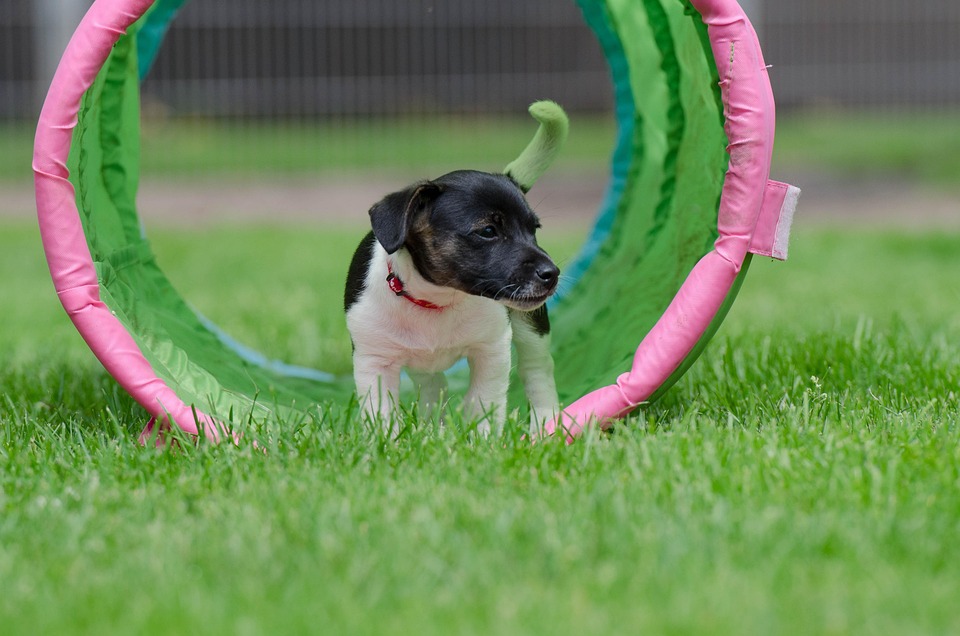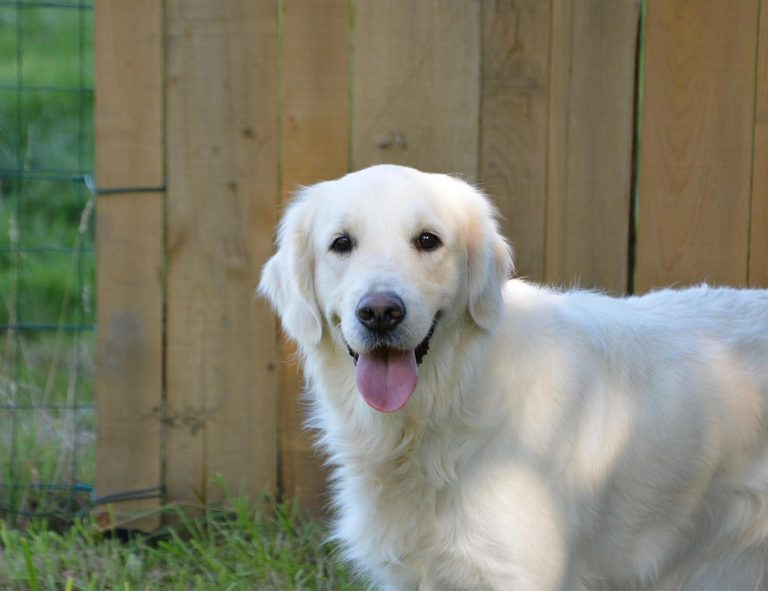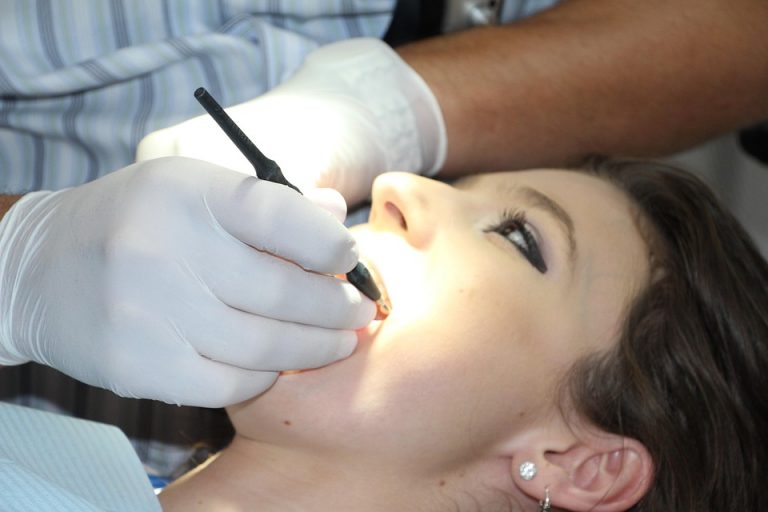Puppy socialization is the key to raising a well-adjusted dog. It’s not just about getting your puppy to play nice; it’s about laying the foundation for a happy, confident companion. A well-socialized puppy can handle the world with ease, making your life—and theirs—much more enjoyable. So, let’s dive into the essential tips that every dog owner must know to ensure their puppy grows into a well-rounded adult.
Contents
Why Puppy Socialization Matters
Puppy socialization refers to the process of exposing your pup to a variety of experiences, people, and environments during their formative months. This crucial period typically lasts from 3 to 14 weeks. During this time, your puppy’s brain is like a sponge, soaking up all the experiences that will shape their behavior for life.
Why does this matter? Poorly socialized dogs can develop fears, anxieties, and behavioral issues. You don’t want your furry friend to grow up to be the dog that barks at the mailman or hides under the couch during a thunderstorm. Proper socialization creates a confident, adaptable dog who can navigate life’s challenges with ease.
Tip 1: Start Early
Timing is everything. The optimal window for socialization is between 3 and 14 weeks. After 14 weeks, your puppy’s ability to absorb new experiences diminishes.
- Expose them to different environments: Parks, busy streets, and even your local café.
- Meet various people: Friends, family, and strangers—everyone should be part of your puppy’s world.
- Introduce new sounds: Doorbells, sirens, and even the vacuum cleaner can be part of the adventure.
The more diverse experiences your puppy encounters early on, the more resilient they’ll become.
Tip 2: Make It Positive
Every new experience should be a positive experience. You want your puppy to associate new sights, sounds, and smells with comfort and joy.
- Use treats: Bring along your puppy’s favorite treats to reward them during new experiences.
- Stay calm: Your puppy can sense your emotions. If you’re relaxed, they’ll be too.
- Short and sweet: Keep experiences brief but frequent. A short trip to the park can be more beneficial than a day-long excursion.
Creating a positive association is essential for encouraging your puppy to embrace the world.
Tip 3: Introduce Other Dogs
Socializing with other dogs is critical, but it needs to be done right.
- Start with vaccinated puppies: Ensure safety by introducing your pup to healthy, vaccinated dogs.
- Choose friendly dogs: Look for well-adjusted, friendly dogs that can handle an enthusiastic puppy.
- Supervise interactions: Always watch how your puppy interacts. If they seem overwhelmed, give them a break.
Dog parks are a great option, but ensure your puppy is ready for the excitement. For more tips on dog interactions, check out the American Kennel Club.
Tip 4: Gradual Exposure to Different People
Different people bring different energies. Your puppy should learn to be comfortable around them all.
- Diverse age groups: Expose your puppy to children, seniors, and everyone in between.
- Different appearances: Hats, sunglasses, and uniforms can be startling. Let your puppy meet people in various attire.
- Encourage positive interactions: Ask friends to help by offering treats and gentle petting.
By introducing your puppy to a variety of people, you’ll help them to remain calm and confident in social settings.
Tip 5: Enroll in Puppy Classes
Puppy classes are a fantastic way to ensure structured socialization.
- Professional guidance: Trainers can teach you effective techniques and provide a safe environment for your puppy to learn.
- Socialization with other pups: Classes often include playtime with other puppies, which is invaluable for developing social skills.
- Obedience training: Basic commands learned in class can help you manage your puppy’s behavior in social situations.
Look for classes that focus on socialization and are led by certified trainers.
Tip 6: Create a Routine
Dogs thrive on routine. Establishing a regular socialization schedule can help your puppy feel secure.
- Daily outings: Plan short outings every day. Whether it’s a trip to the vet or a stroll through the neighborhood, consistency is key.
- Incorporate training: Use your daily walks as opportunities for training. Practice commands while exposing your puppy to new experiences.
- Variety is essential: Keep things interesting! Change the route, visit new parks, or explore different neighborhoods.
By making socialization part of your daily routine, you’ll help your puppy become a well-rounded adult.
Tip 7: Monitor Body Language
Understanding your puppy’s body language is crucial.
- Signs of stress: Watch for signs of anxiety, such as tail tucking, cowering, or excessive barking. If your puppy seems overwhelmed, it’s time for a break.
- Encourage exploration: Allow your puppy to sniff and explore at their own pace.
- Celebrate progress: Each small step forward is a win! Celebrate their bravery with praise and treats.
Your puppy is learning to navigate the world, and your support is invaluable.
Bottom Line
Puppy socialization is not just a task; it’s a journey filled with joy, learning, and growth. By following these seven essential tips, you’ll equip your puppy with the skills they need to thrive in any situation. Remember, a well-socialized puppy is a happy puppy—and a happy puppy makes for a happy home.
The adventure starts now. Get out there, explore, and enjoy every moment with your furry friend!
FAQ
1. How long should I socialize my puppy?
Socialization should continue throughout your puppy’s life; however, the most critical period is between 3 and 14 weeks.
2. Can I over-socialize my puppy?
Yes, too much exposure can overwhelm your puppy. Make sure to balance new experiences with downtime.
3. What if my puppy is fearful of new experiences?
Take it slow. Gradually expose them to new experiences, using treats and praise to create positive associations.
4. When should I start puppy classes?
As soon as your puppy is fully vaccinated, typically around 16 weeks, you can start classes.
5. How do I know if my puppy is properly socialized?
A well-socialized puppy is confident, adaptable, and comfortable in a variety of situations. They should be curious and eager to meet new people and dogs.
Embrace the journey of puppyhood with open arms. The world is waiting for you both!








